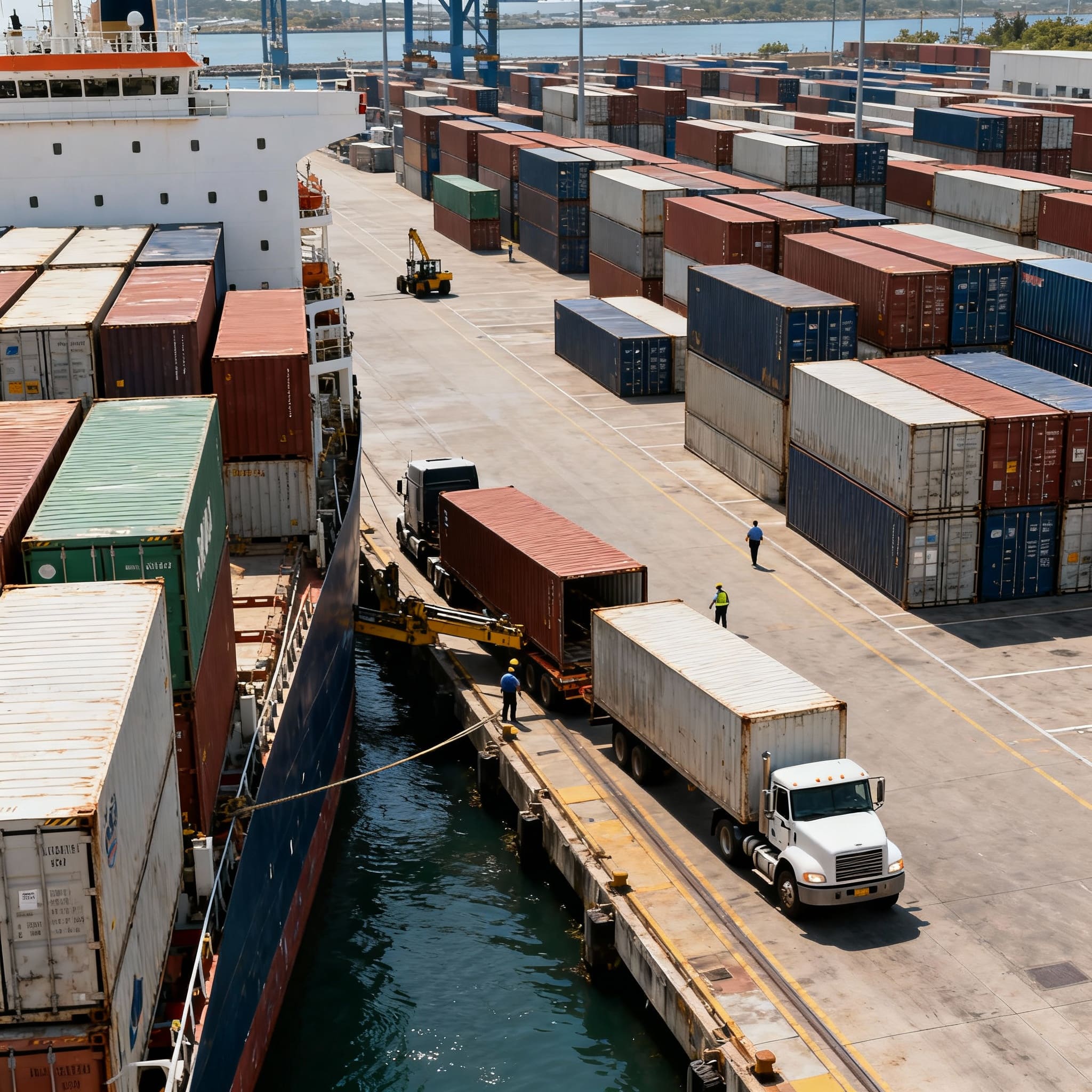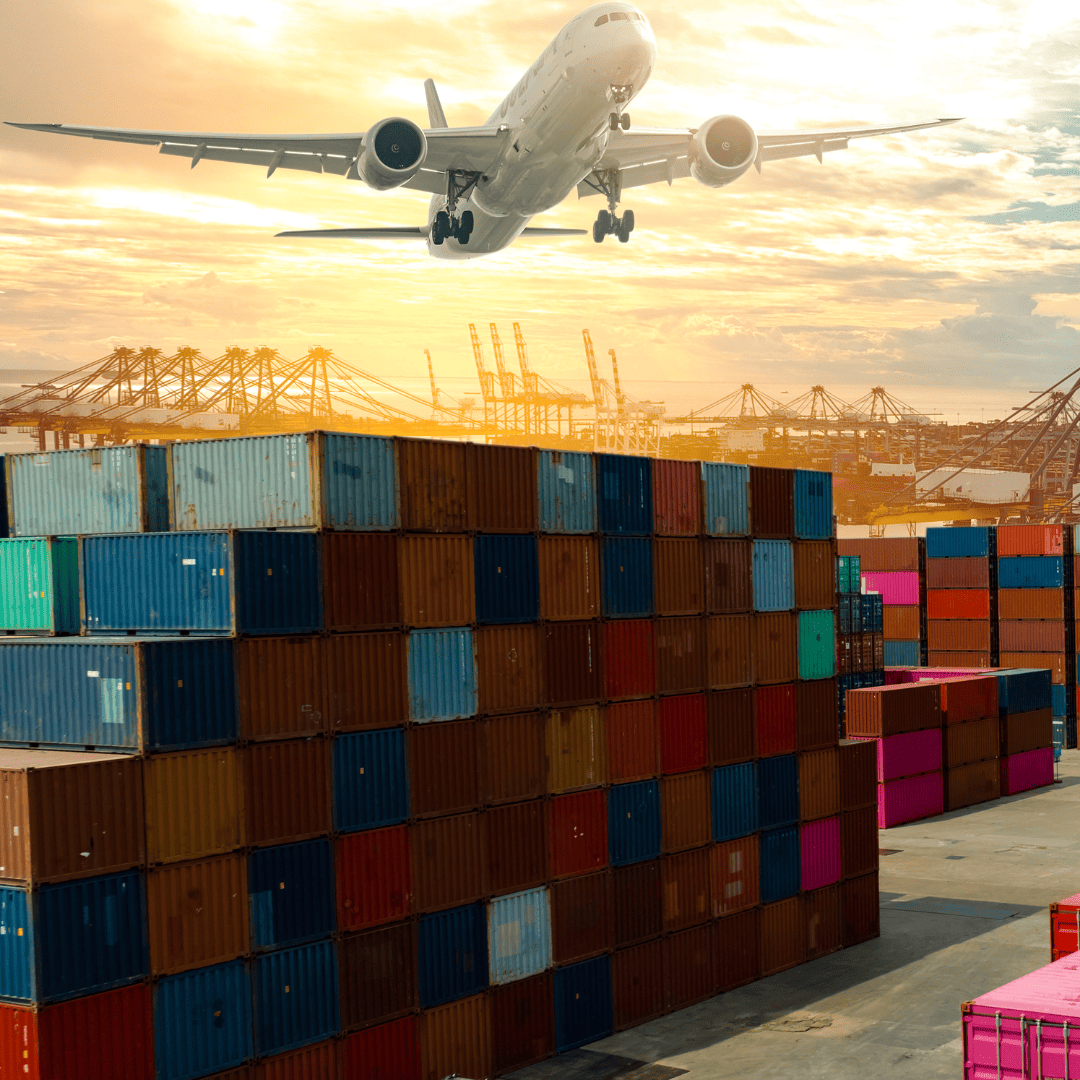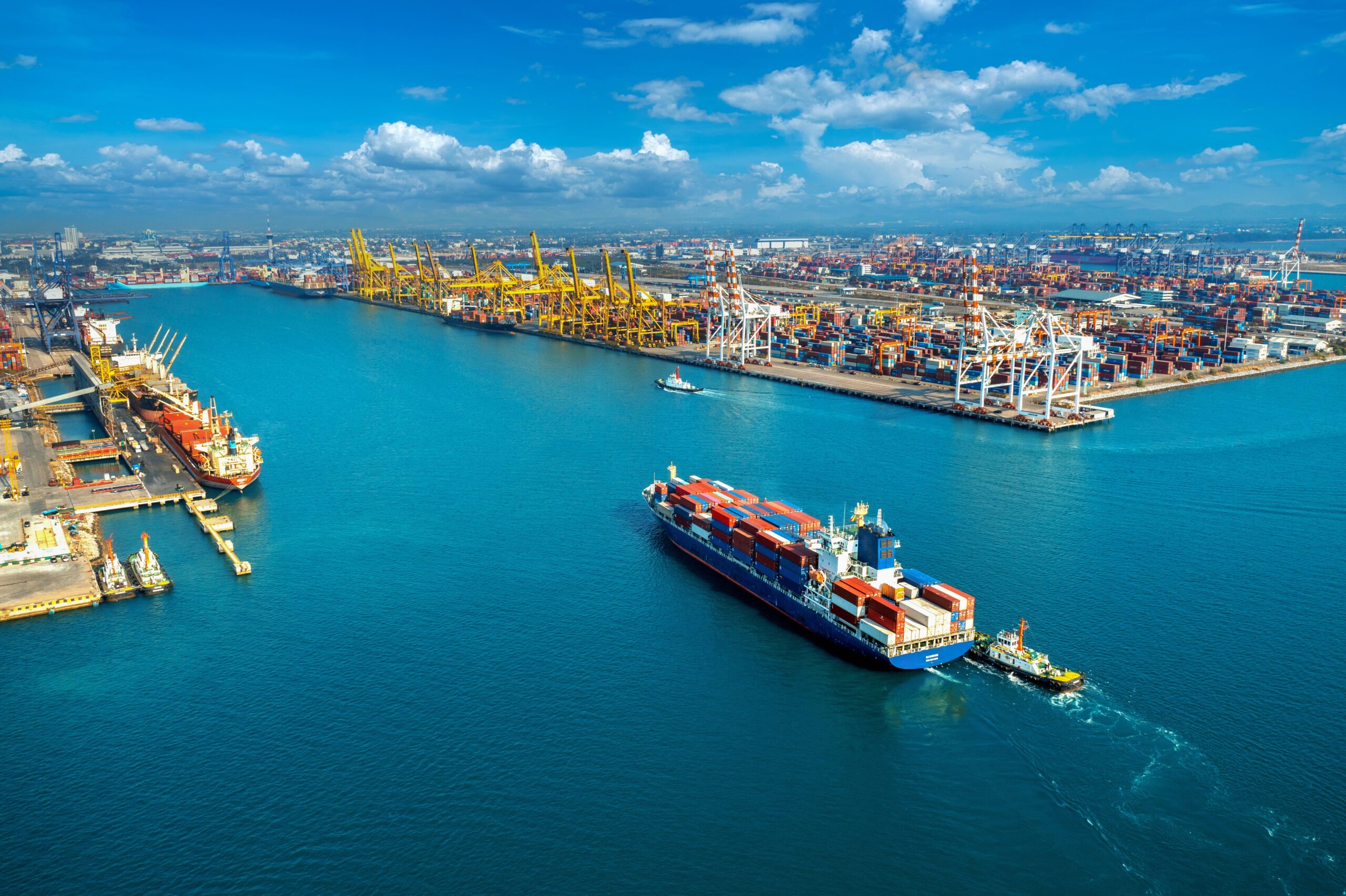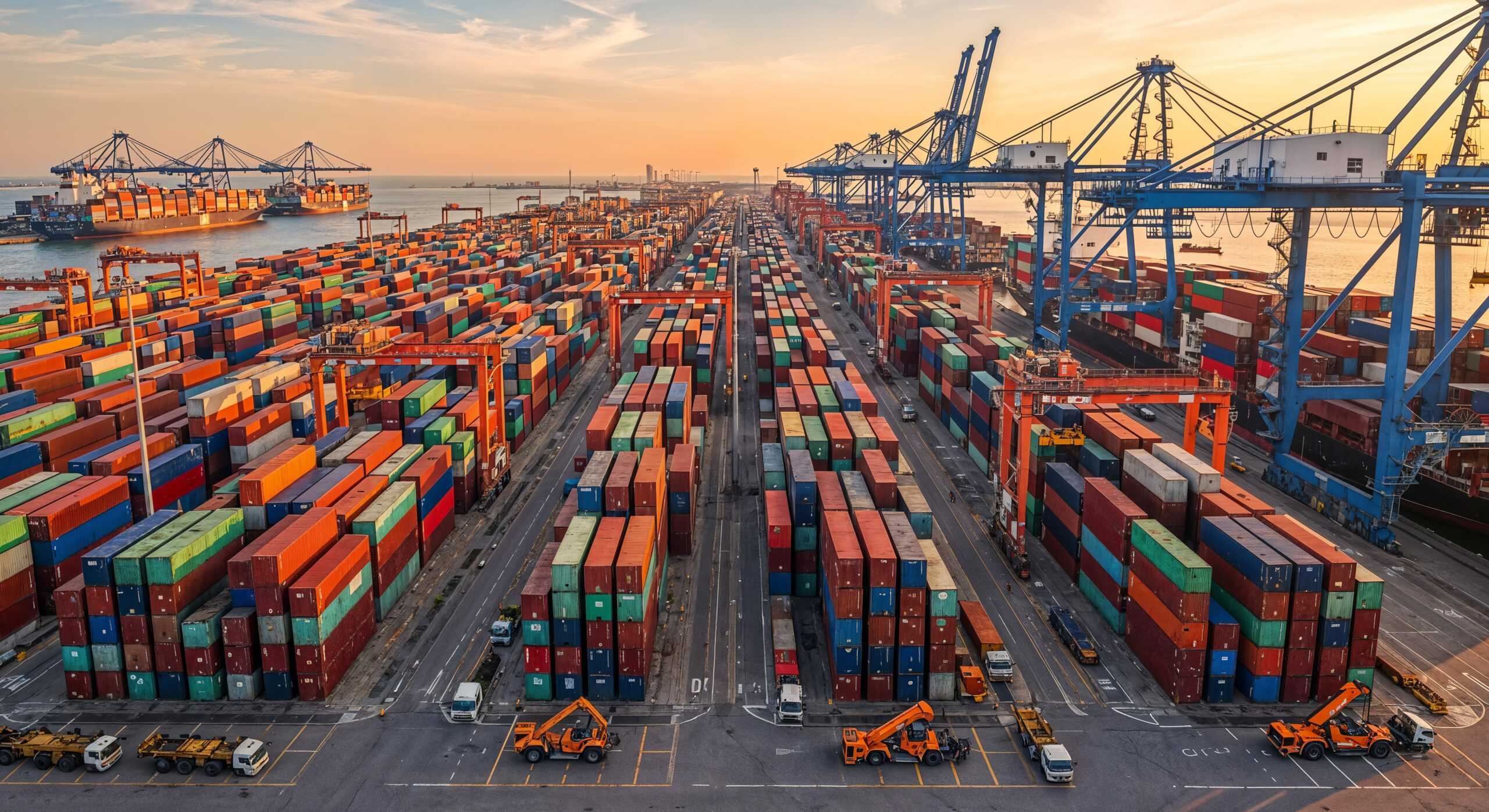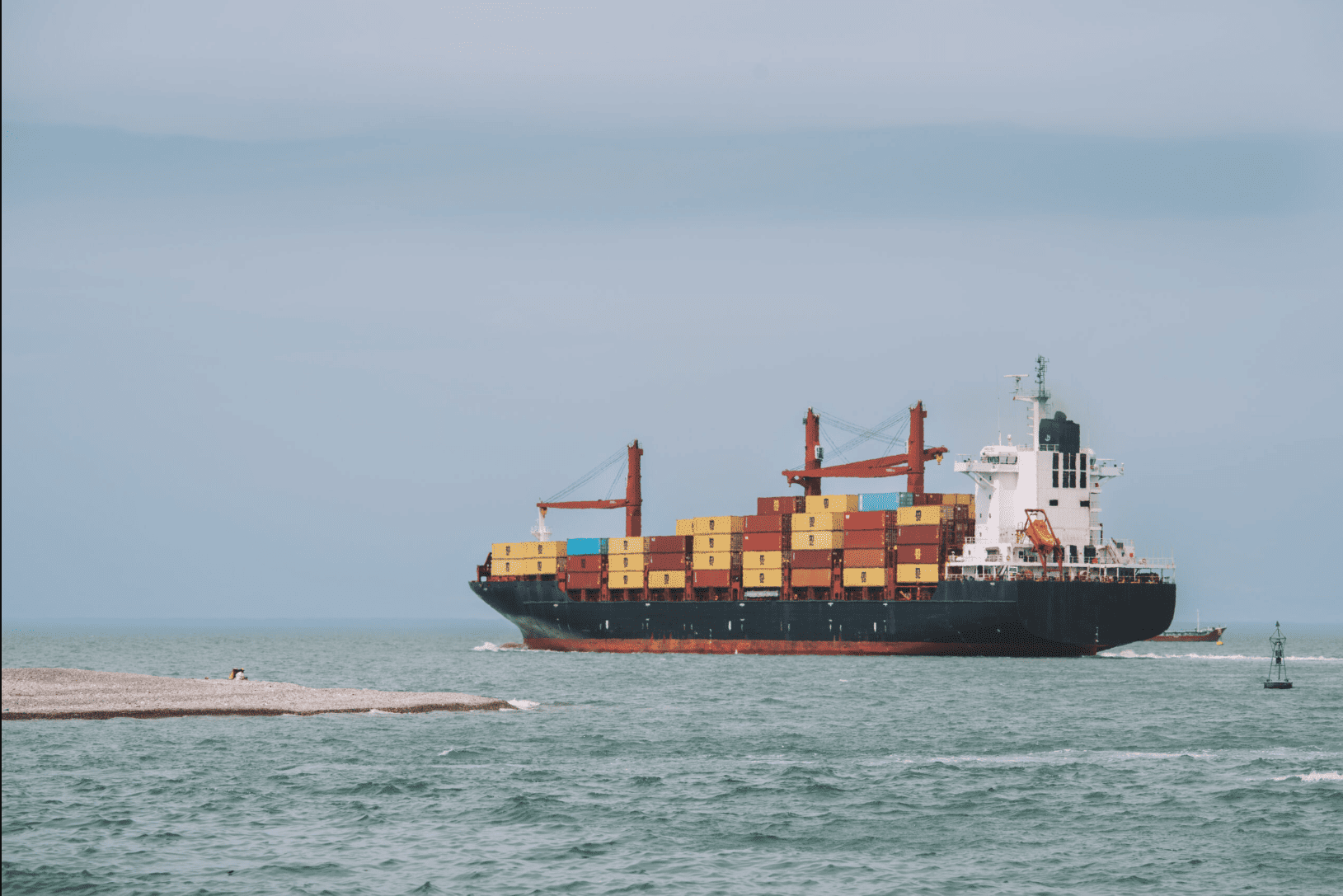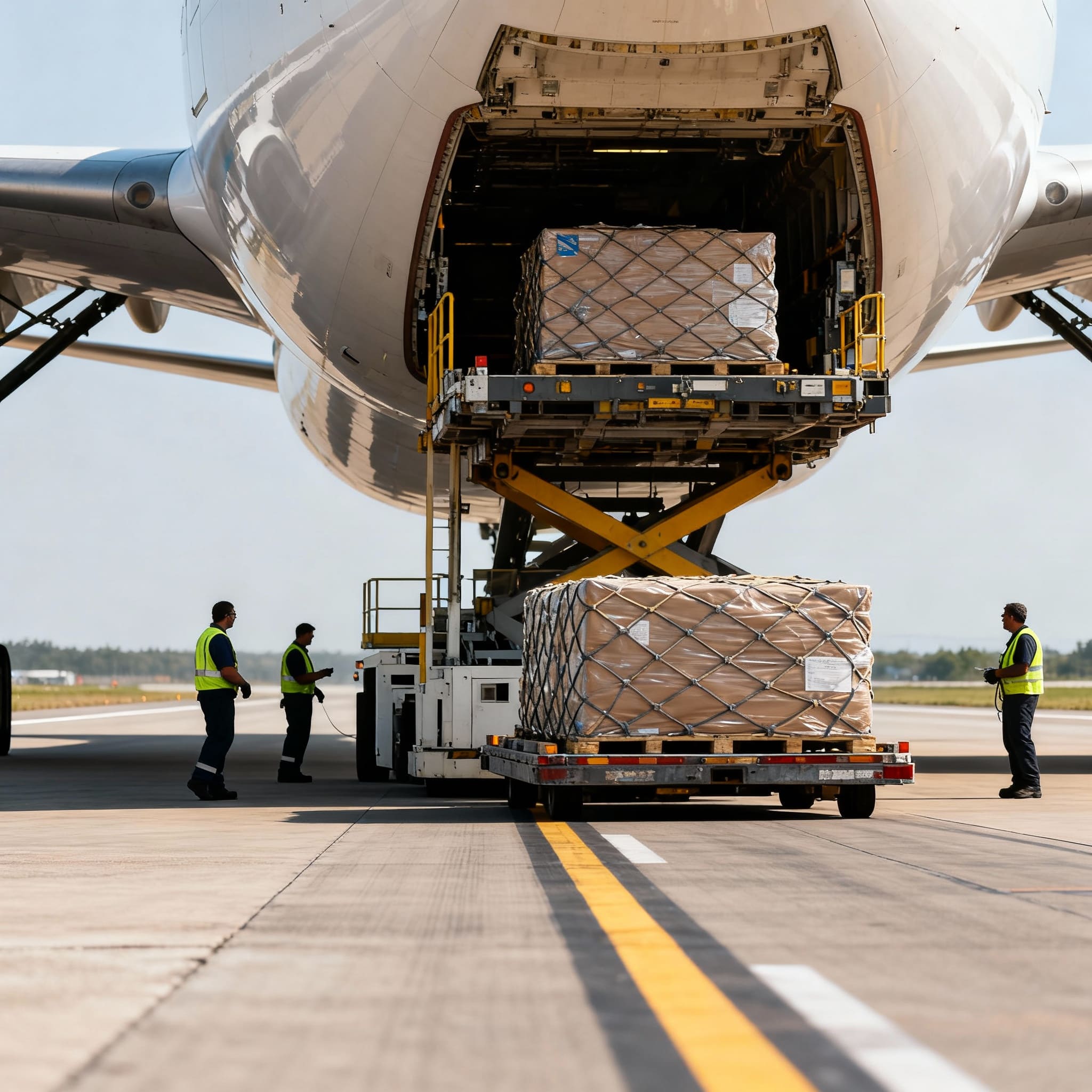
Transport de marchandises sensibles : comment TBI sécurise vos flux critiques
Quand on parle de marchandises sensibles, on pense immédiatement à des produits délicats, précieux ou potentiellement dangereux. Mais au fond, qu’est-ce qui rend ces flux si critiques ? Et surtout, comment être sûr qu’ils arrivent à bon port, en parfait état ? Pour nous, ce n’est pas juste un service
